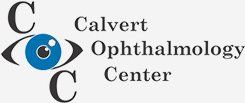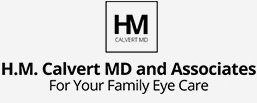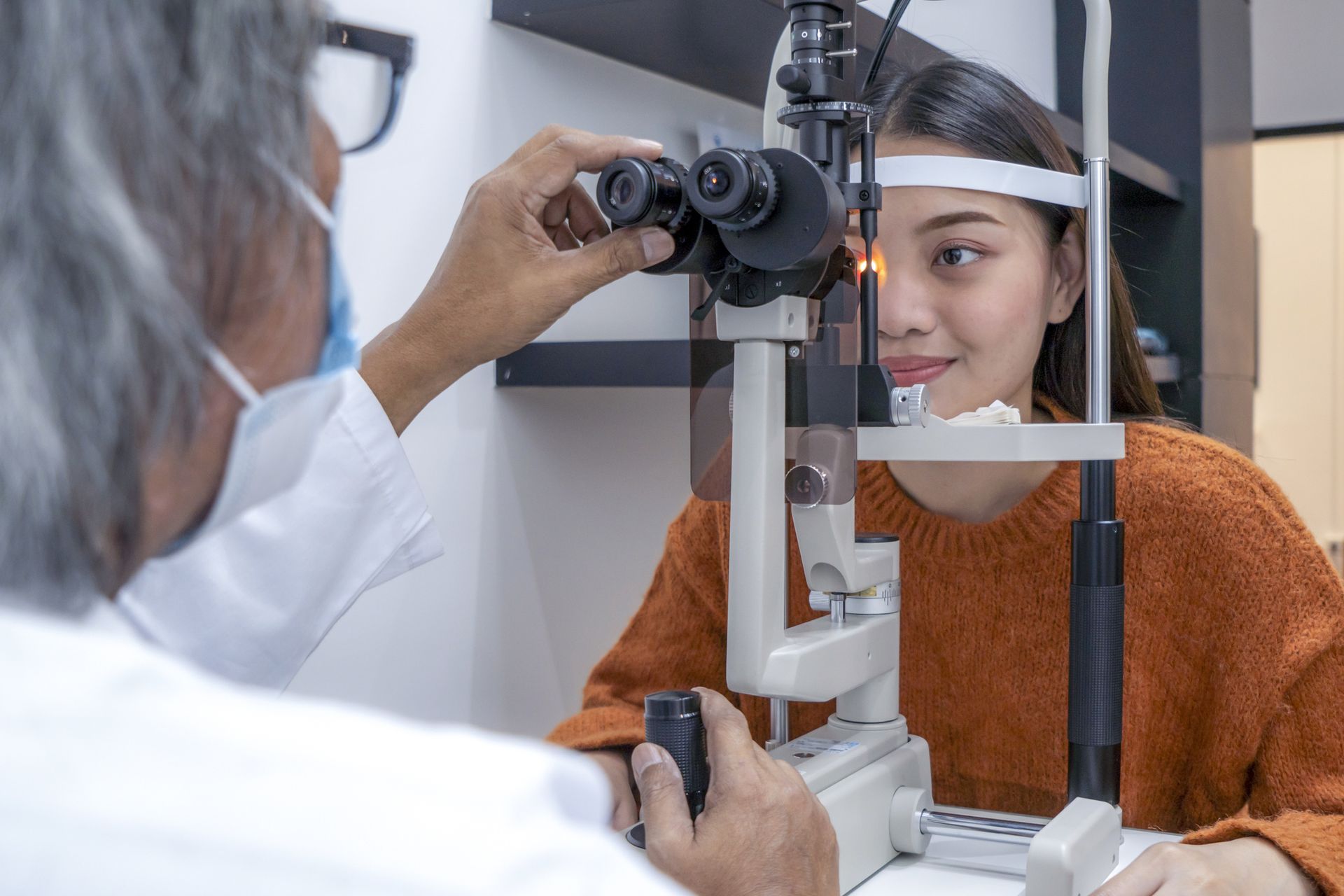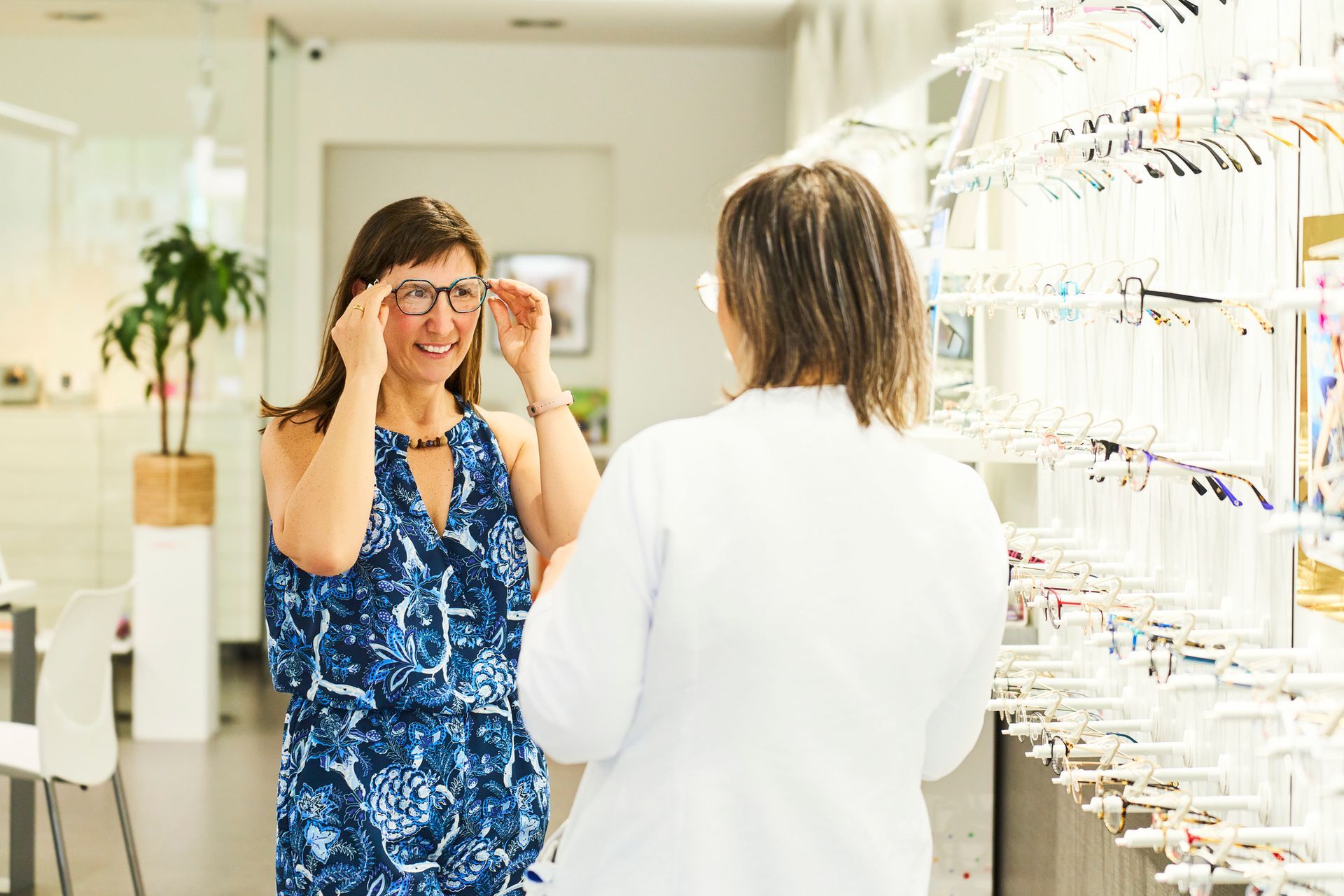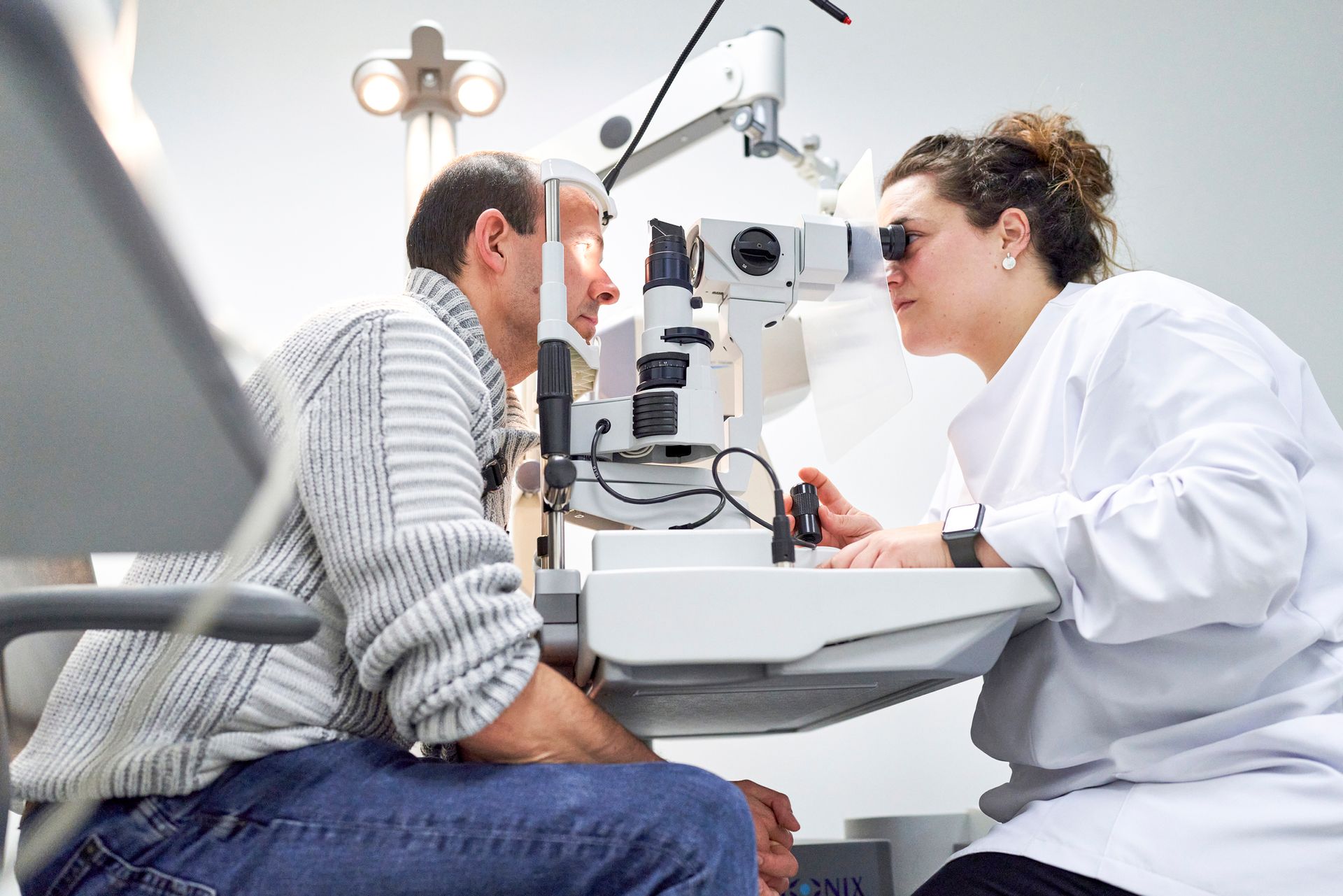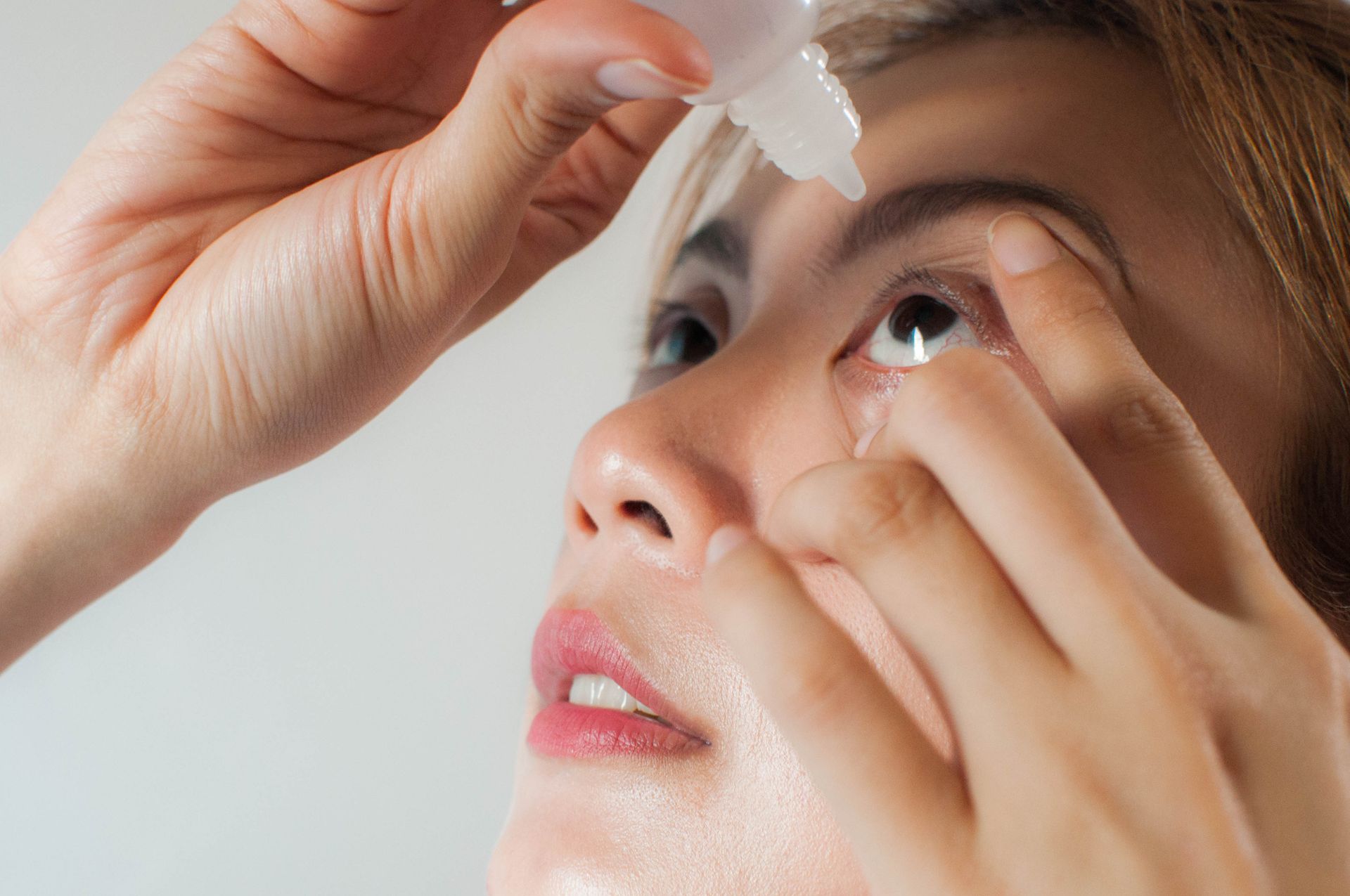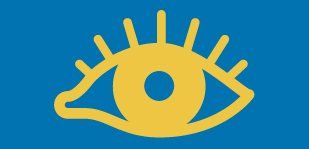Why Every Athlete Needs To Prioritize Regular Eye Exams
No Author • February 9, 2024
As athletes, we put our bodies through a lot of strain on a daily basis. From rigorous training sessions to competitive games, our bodies are constantly under pressure to perform at their best. Despite our diligent care for our muscles and bones, it is unfortunate that we often overlook our eyes, one of the most vital elements of our physical well-being.
In this blog post, we'll explore the importance of eye exams for athletes and why regular check-ups should be an essential part of every athlete's wellness routine.
Whether we're tracking a ball flying through the air or scanning the field for our teammates, our eyes are working overtime during games and practices. Unfortunately, many of us may not even realize we have a vision problem until it starts to impact our performance.
Regular eye exams are crucial for maintaining optimal vision. By identifying common issues like nearsightedness, farsightedness, and astigmatism early on, we can take proactive measures to address them. This ensures that our athletic abilities remain unaffected, allowing us to perform at our best.
Eye injuries are a common hazard for athletes across a range of sports. Whether it's a soccer ball unexpectedly colliding with your face or an accidental elbow strike during an intense basketball game, these incidents can lead to a range of injuries, from minor scrapes and bruises to more severe consequences like retinal detachments.
It's essential to be aware of the potential risks involved in sports activities and take necessary precautions to ensure safety. Regular eye exams can help catch underlying issues that could make us more susceptible to injury or identify early warning signs of potential eye problems that could become exacerbated through physical activity.
Eye exams aren't just important for identifying immediate issues. They are also crucial for long-term eye health. Conditions like glaucoma, macular degeneration, and cataracts can begin to develop silently and without symptoms, making regular check-ups essential for catching them in their early stages.
In addition, certain lifestyle habits, such as spending hours staring at screens or exposure to UV light, can also impact our eye health over time. An optometrist can provide guidance and recommendations for mitigating these risks and preserving our eyesight for years to come.
Finally, regular eye exams are simply essential for making sure we're operating at our highest level on the field or court. Even minor vision issues can disrupt our focus and timing, affecting our ability to execute plays or make split-second decisions successfully. By prioritizing and taking care of their eye health, athletes can ensure that they are giving themselves the best possible chance to succeed in their respective sports.
Clear vision and optimal eye function play a crucial role in performance, allowing athletes to track moving objects, judge distances accurately, and react swiftly to their surroundings. From precise hand-eye coordination in sports like tennis and baseball to depth perception in activities like swimming and skiing, healthy eyes contribute to overall athletic excellence.
Therefore, incorporating regular eye exams, protective eyewear, and appropriate visual training into their routine can help athletes maintain and enhance their visual performance, giving them a competitive edge on the field or court.
Glasses and contacts are two of the most popular choices for improving vision. For assistance deciding which is right for you, read this guide.
Vision problems can be common as people age. If you're getting older and want to learn more, check out our blog to read about a few common eye problems.
Pink eye can affect both kids and adults. Learn more with this overview of the causes, symptoms, and options for treatment of this eye condition.
Do you wear contact lenses? If so, read our blog to learn about the telltale signs that indicate it's time to replace your lenses.
Have you ever wondered about the impacts of screen time on your eyes? Learn 3 effects of long-term digital eye strain and prolonged screen use.
Your peripheral vision is essential. Take a look at four issues that can lead to chronic peripheral vision loss and how an ophthalmologist can help.
